About Us
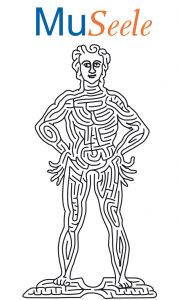
The MuSeele is anything but ordinary. With artistic inspiration the themes of the soul and nerve medicine in scene. The soul is understood as a comprehensive concept, which points far beyond the pathological. We cooperate with many similar European institutions, in a spirit of collegial competition and ultimately with each other, to address the concerns of the soul worlds. With our efforts we want to touch emotionally, sometimes even irritate; certainties are rare. But we are integrated in the psychiatric Healthcare, here specifically in the Klinikum Christophsbad with more than 160 years of history. We hope for a humane and social psychiatry and have no fear of contact with so-called anti-psychiatry. We are: the members of the association MuSeele e.V., affected persons, clinic staff, working on the topic basically interested parties. We’re all but ordinary.
History and Background
Museum
Psychiatry is a contested institution and for many people somehow eerie. Its extremely varied and partly tragic history contributes to this. It is our intention to critically introduce as many aspects as possible to the public. We want to reduce barriers and prejudices without putting a varnish over the problems that still exist today. Four concepts are important in our presentation. Factually accurate information will allow visitors to arrive at their own conclusions. Provocative presentations offer the chance to probe deeper, to reflect, and to start conversations. Visitors can engage interactively with different themes and exhibits. Multi-media presentations of topics mean that all senses are addressed and engaged.
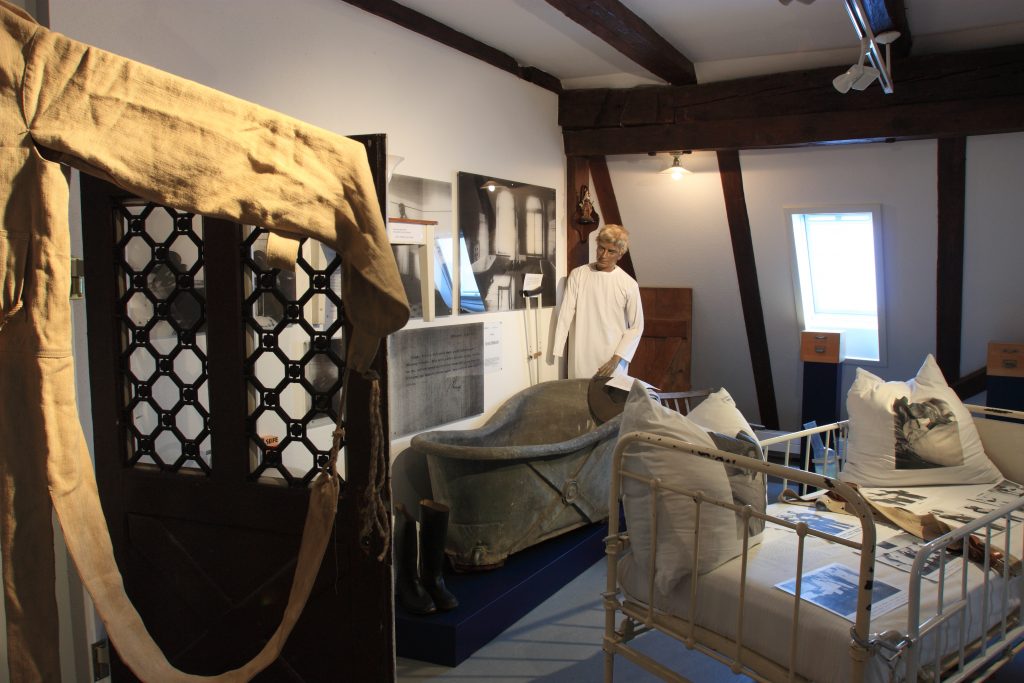
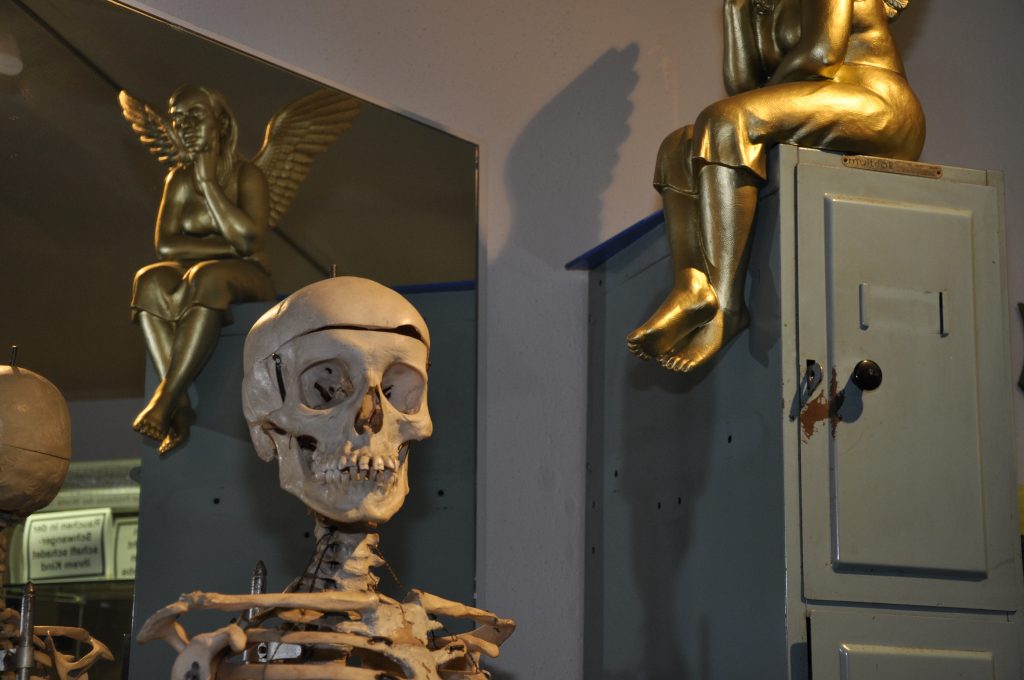
Soul
Even in today’s world, the concept of „soul“ has meaning. Despite medical technology, despite scientific progress, people remain individuals and we have to struggle to gain their acceptance through dialogue. Humans, even when they are patients, cannot be reduced to the functioning of their brains. Psychiatry operates in a contested terrain where biochemistry, philosophy, spirituality and pedagogy, enlightened humanism, and nuanced therapy collide. The soul cannot be seen, nevertheless finds expression in medical conditions as well as in therapeutic actions. Psychiatry starts with the suffering and subjective feelings (fear, delusion, compulsion, shame, depression, addiction) and wants to help mentally ill people deal with themselves and the demands that are placed upon them.
History
In order to understand what we do today, we cannot avoid looking at history. This applies equally to an understanding of individuals and to assessments of institutions. In the context of our changing society, psychiatry went through tragic depths and memorable heights. 200 years ago, conditions for mentally ill were inhuman: they had to be freed from prisons and dungeons and from chains. Under National Socialism in Germany, many thousand of mentally ill patients were murdered. An official investigation into the state of psychiatry in the 1970s in the Federal Republic of Germany described the situation as “inhumane”. On the other hand, there are new advances in scientific knowledge: new therapeutic treatments, Sigmund Freud and his psychoanalysis, behavior therapy, pharmaceutical aids, a social psychiatry movement, and much more. The Christophsbad has been a place and a part of this history for more than 150 years. The old and new architecture reflect the changes.
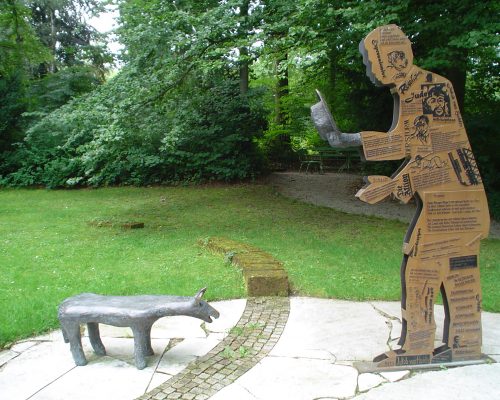
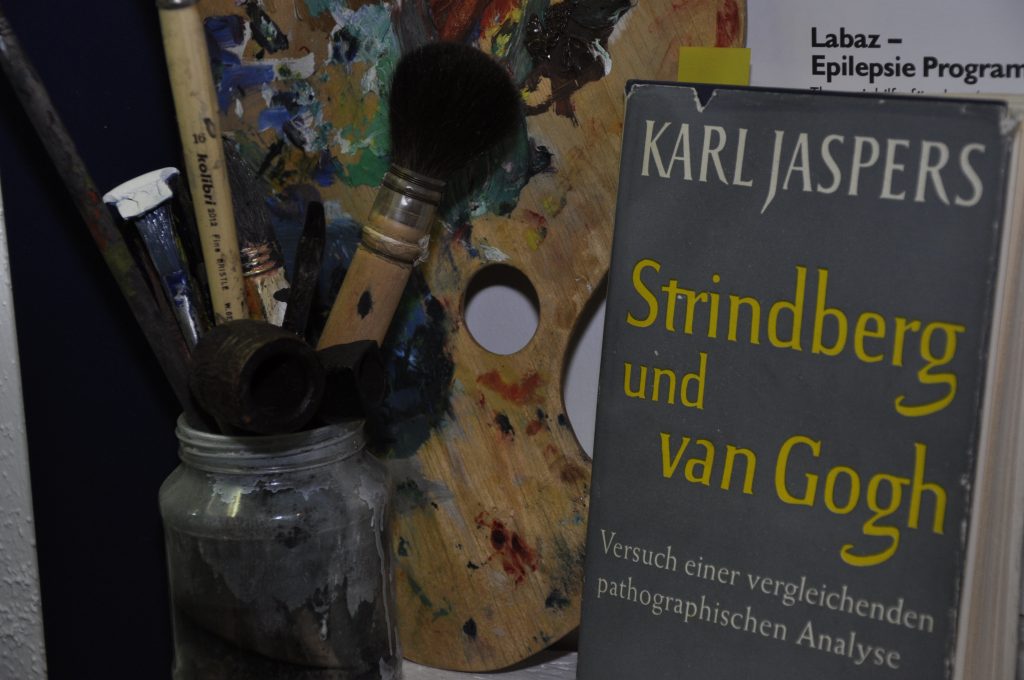
Stories
People are at the center of our investigation; history is made by people. In addition to diagnoses, therapy methods, and medical conditions, we want to pay particular attention to people, those who suffer and those who help. Thus, we encounter countless important stories, accounts of diseases, and biographies. We meet famous people being affected by psychiatric illness and being active in treatment. Anonymous anecdotes hold heart-warming and thought-provoking messages. Who frequented this place? Jacob van Hoddis, Heinrich Landerer, Margarete Klinckerfuß, Julius Robert Meyer, Hans Jörg Weitbrecht and many thousand others who left behind their imprint and stories.
About the Association
The society MuSeele e. V. was founded on 12 December 2004 in Göppingen. 39 persons attended the inaugural meeting. The charter was passed and the Advisory Council was elected. 36 people joined the society. Currently, the society has 103 members.
Managment Board
Rolf Brüggemann (Chairman)
Barbara Weber(Assisting Chairwoman)
Prof. Dr. Inga Krauß (Treasurer)
Andrea Bäumler-Hergül (Secretary)
Advisory Council
Prof. Dr. Petra Beschoner
Rudolf Schnauhuber
Dr. Karl-Heinz Rueß
Prof. Dr. Nenad Vasić
Benno Engel
Dr. Gerhard Kolb
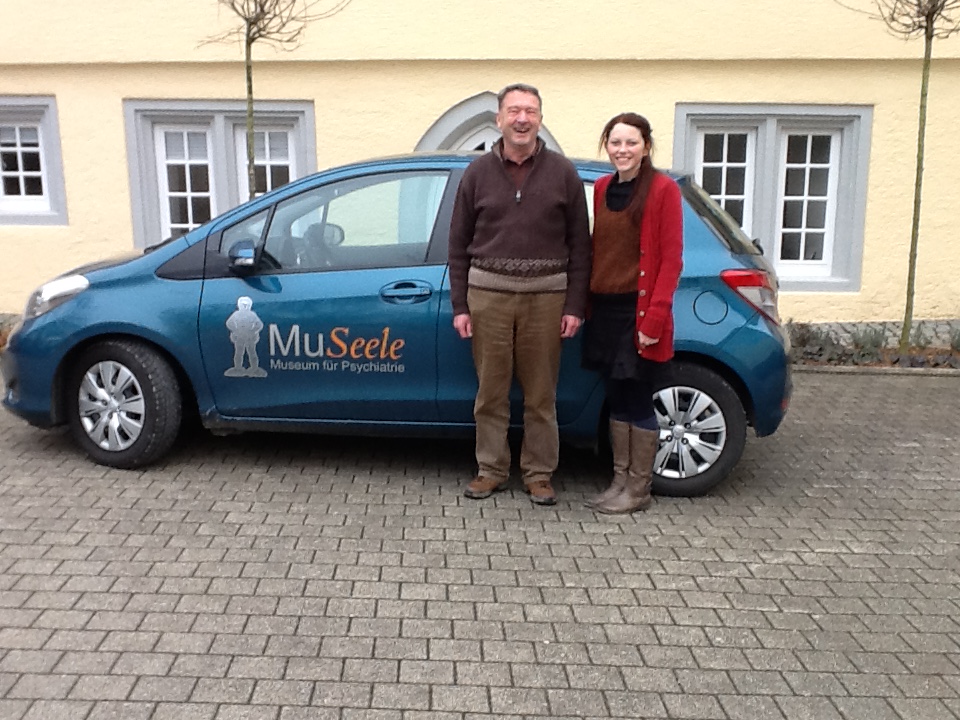
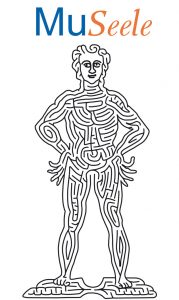
Contact
- MuSeele e.V. - Museum für Psychiatrie
- Klinikum Christophsbad
- Faurndauer Str. 6-28, 73035 Göppingen
- info@museele.de
- +49 7161 601 – 9712
- Wednesday: 4-6 pm & Sunday: 2-4 pm
